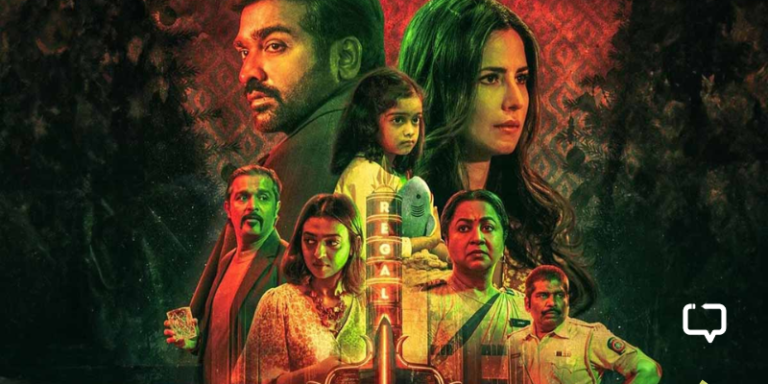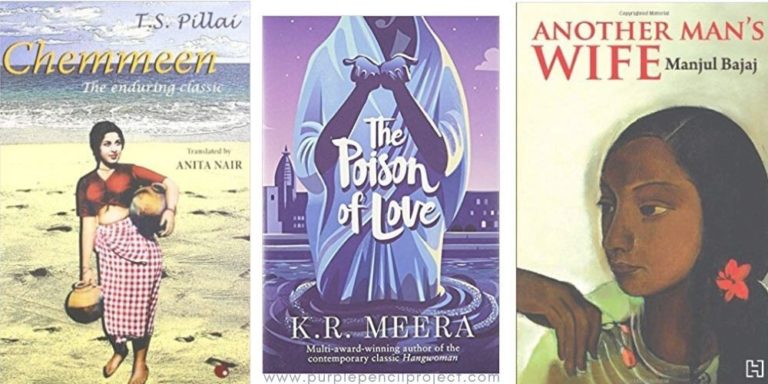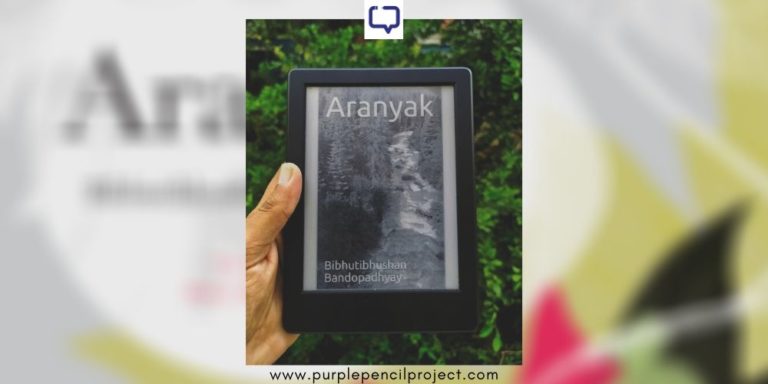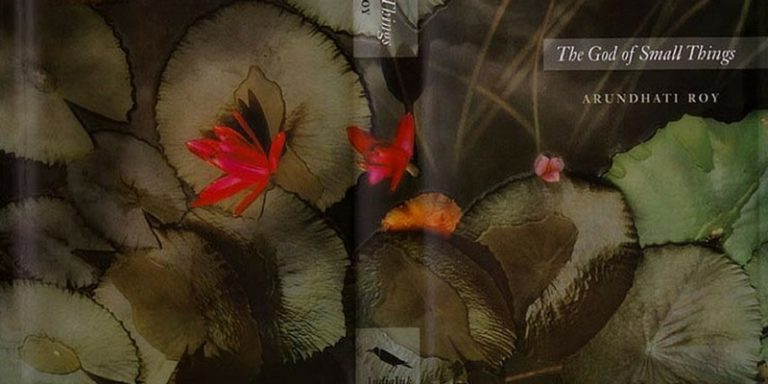Tales from the Himalayas is a collection of seventeen short tales set in the Himalayan state of Uttarakhand, published by Rupa publications. These stories, borrowed from Pradhan’s childhood of listening to her grandmother’s stories, feature young ones as their main characters, who indulge in mischief, learn lessons and go about enjoying their carefree life in a way that only children can.
We encourage you to buy books from a local bookstore. If that is not possible, please use the links on the page and support us. Thank you.
The Stories
All the stories in Tales from the Himalayas are connected by their setting – the hills of Kumaon and Garhwal. Pradhan brings to life the cultural and social life of the hills and the difficulties faced by the people living there. Either, the region and its culture are weaved within the story and the stories are based upon the traditions and culture of the place and then there are those stories which, although set in the same region but would have worked equally well in any other setting.

The stories which belong to the former category include ‘The Bagpiper’, the story of a young girl whose father plays the traditional masak been (a kind of bagpipe) popular in the region but seems to be falling on hard times when people are no longer interested in listening to his traditional tunes. Then there is ‘The Snow Leopard’ which introduces the readers to this majestic animal and gives an idea of how difficult life can be for people living in the higher altitudes of the snow-covered Himalayas. ‘The Biggest Gift’ is steeped in Kumaoni tradition and tells the story of a woman’s desire for a bigger nath (nose ring) which ultimately leads her to problems. ‘The Spring Song’ beautifully incorporates the popular Kumaoni folksong Bedu Paako into the story and introduces the readers to the musical aspect of the region as well.
Another story ‘Holi’ talks about the Cholia dance that is popular in the region and merges the information about the dance very well into the plot of the story, while ‘Haria’s Kitchen’ is rich in offering delectable descriptions of the various delicacies popular in Uttarakhand such as jhangora, thechwa, chainsoo etc. Two other stories, ‘Chipko’ and ‘The Great Himalayan Explorer’ also focus the spotlight on two great personalities ( Gaura Devi and Nain Singh Rawat respectively) hailing from the region, which has been often forgotten. ‘The Long-Lost Friends’ also focuses the reader’s attention on the problems suffered by the region through its plot.
The collection is completed with ‘Daak Ghar’, ‘A Village Monster’; a funny tale ‘Mischievous Teeth’ and stories that give its reader a lesson like ‘The Villain’, ‘A Night in the Dark Forest’ and ‘Pilgrimage’. The last story, ‘Postcard’ is a bitter-sweet tale of a young boy and his grandfather that will touch the hearts of its young readers.
Literature and Localization
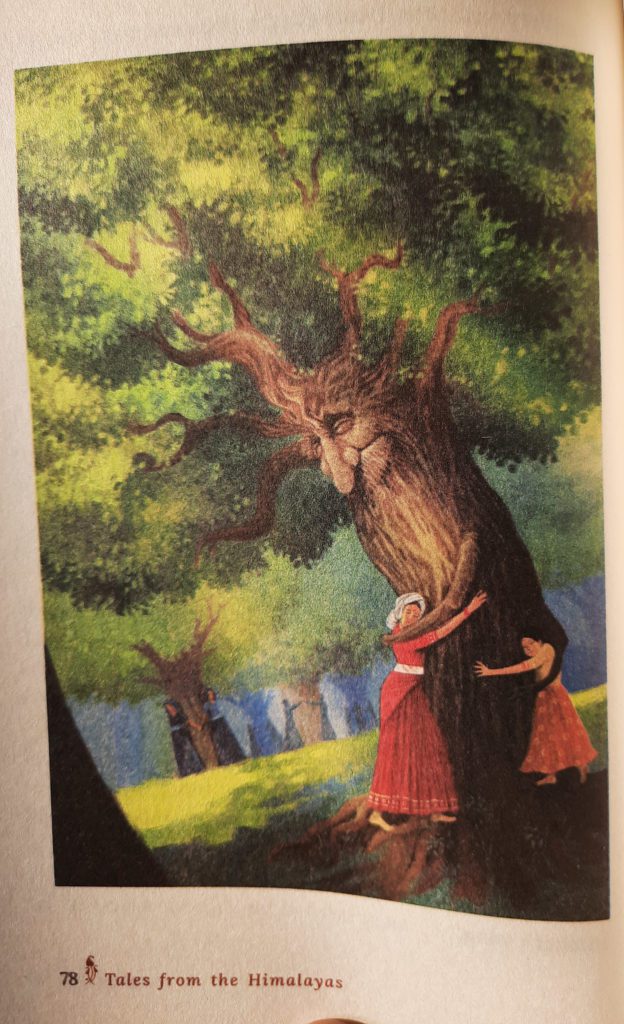
Pradhan has been successful in her attempt to give a glimpse of the state and its culture, and bring alive Uttarakhand to its readers.
She uses local words like ija, ama, bubu liberally in the stories but also provides an explanation of these terms. The references to local cultural markers like pichhoda, baal mithai, singal, kafal and rhododendrons as well as the formidable bichchu ghas bring the state alive before the reader.
And while Tales from the Himalayas seems aimed mainly at young readers (somewhere between 7 to 12 years), adult readers of the book will also enjoy reading through it s. The language is easy and despite the fact that they all aim at imparting some lesson to its readers, the stories never feel heavy or pedantic. The illustrations too are worthy of a mention. I wish the cover page has been different though. It represents not Uttarakhand, but a Uttarakhand-based explorer’s journey to Tibet (taken from one of the stories) and unless one reads the story, the image on the cover can feel a little misleading.
I was transported back in space and time (to my childhood in Uttarakhand) as I read the stories, and so will all its readers who know the place. To those who don’t, this will be an interesting trip to take your young reader, from the comfort of your homes.
Best Quotes
“But remember one thing, little one,” his tone became serious. “Your talent is meant for your enjoyment first. Don’t play just for other people’s appreciation; instead, enjoy the music yourself, regardless of how others respond.” (‘The Bagpiper’)












